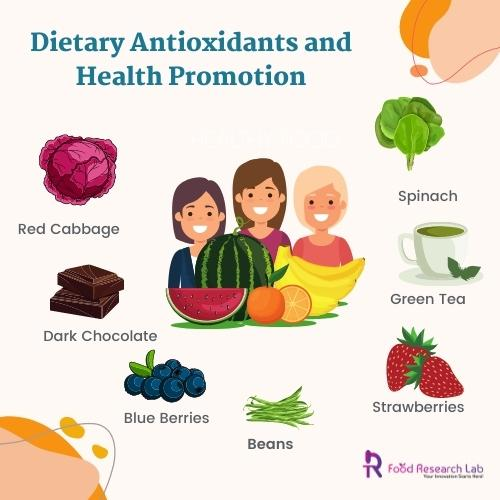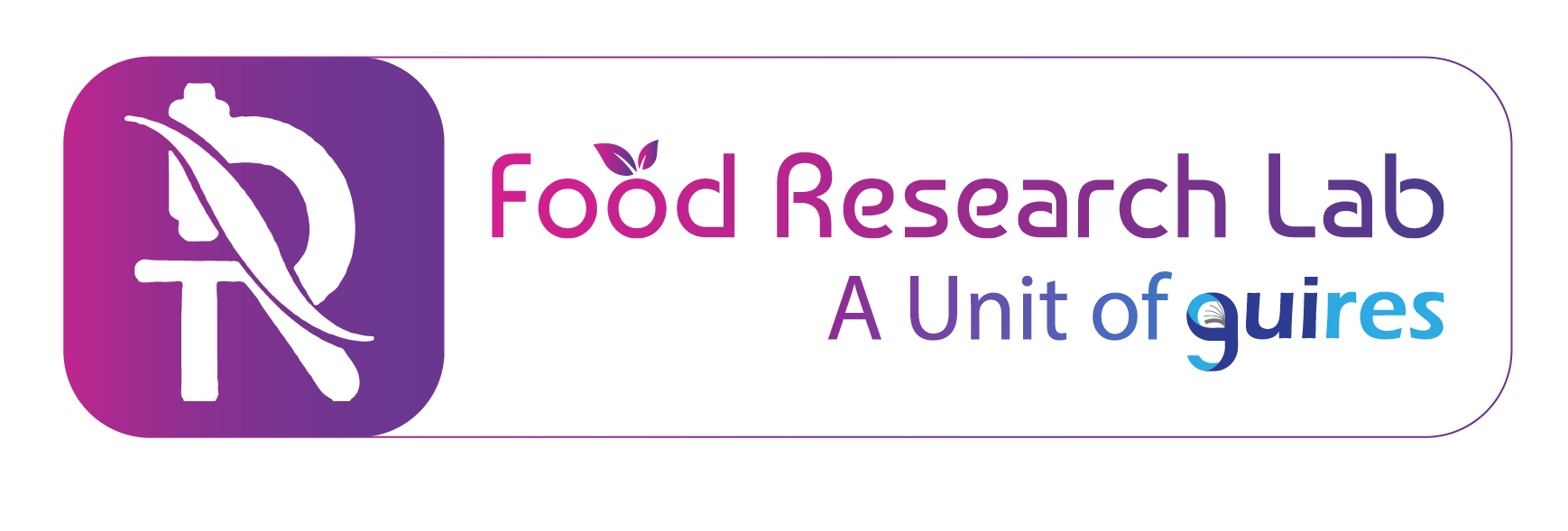
Dietary Antioxidants and Health Promotion
Certain foods include antioxidants, which may help to reduce some of the damage caused by free radicals by neutralising them. These include antioxidants, vitamins A, C, and E, as well as the minerals copper, zinc, and selenium.
Other dietary food molecules, such as phytochemicals found in plants, are thought to have stronger antioxidant properties than vitamins or minerals. These are known as non-nutrient antioxidants, and they include phytochemicals (such as lycopenes in tomatoes and anthocyanins found in cranberries).
A high-antioxidant diet may subordinate the risk of a variety of ailments (including heart disease and certain cancers). Antioxidants scavenge free radicals from bodily cells and prevent or minimise oxidative damage.
Food Research Lab has developed many food products for our clients who ask for anti-oxidant rich fod products. Anti-oxidants in food adds great weightage to the nutritional quality of the food or beverage product which contributes vastly to the product’s success.
Antioxidants’ protective impact is still being explored all over the world. For eg; men who eat a lot of the antioxidant lycopene (found in tomatoes) may be less likely to get prostate cancer than other men.
Lutein, which is found in spinach and maize, has been linked to a decreased incidence of age-related eye lens degeneration and accompanying vision loss in the elderly.
Flavonoids are thought to play a role in the low prevalence of heart disease.






